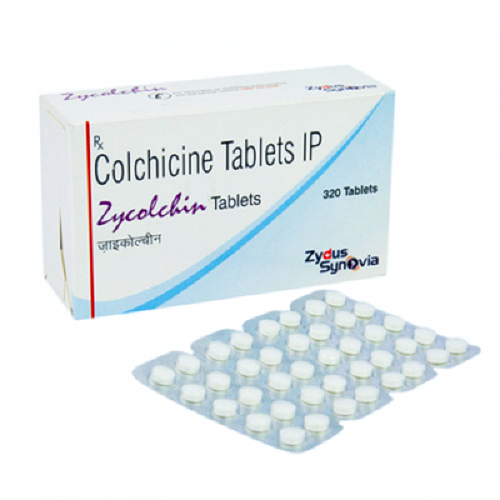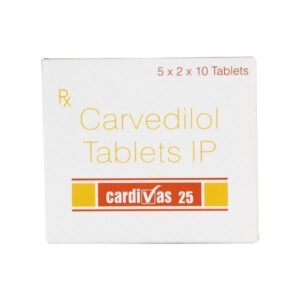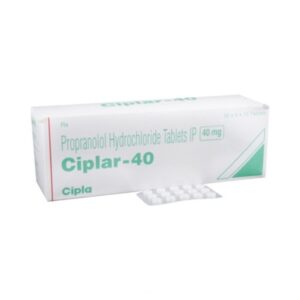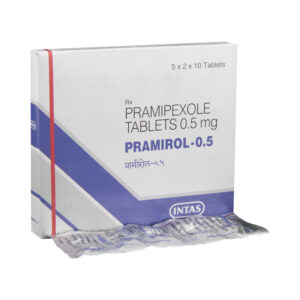Colchicine Information
Pronunciation
KOL chi seen
What is this drug used for?
• It is used to treat gout attacks.
• It is used to prevent gout attacks.
• It is used to treat familial Mediterranean fever.
• It may be given to you for other reasons. Talk with the doctor.
Frequently reported side effects of this drug
• Diarrhea
• Nausea
• Vomiting
• Abdominal pain
Other side effects of this drug: Talk with your doctor right away if you have any of these signs of:
• Infection
• Burning or numbness feeling
• Severe loss of strength and energy
• Bruising
• Bleeding
• Pale skin
• Muscle pain
• Muscle weakness
• Unable to pass urine
• Change in amount of urine passed
• Signs of a significant reaction like wheezing; chest tightness; fever; itching; bad cough; blue skin color; seizures; or swelling of face, lips, tongue, or throat.
Medication Safety Issues
Sound-alike/look-alike issues:
Colchicine may be confused with Cortrosyn
Product Availability
Gloperba (0.6 mg/5 mL oral solution): FDA approved January 2019; availability anticipated mid-2019. Information pertaining to this product within the monograph is pending revision. Consult the prescribing information for additional information.
Storage and Stability
Store at 20°C to 25°C (68°F to 77°F). Protect from light and moisture.
Adverse Reactions
Central nervous system: Fatigue, headache
Endocrine & metabolic: Gout
Gastrointestinal: Abdominal cramps, abdominal pain, diarrhea, gastrointestinal disease, nausea, vomiting
Respiratory: Pharyngolaryngeal pain
Rare but important or life-threatening: Alopecia, bone marrow depression, dermatitis, disseminated intravascular coagulation, dysgeusia (Syed 2016), hepatotoxicity, hypersensitivity reaction, increased creatine phosphokinase in blood specimen, lactose intolerance, myalgia, myasthenia, oligospermia, nonthrombocytopenic purpura, rhabdomyolysis, toxic neuromuscular disease –








